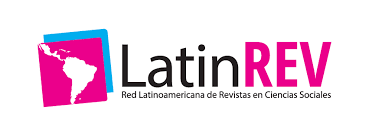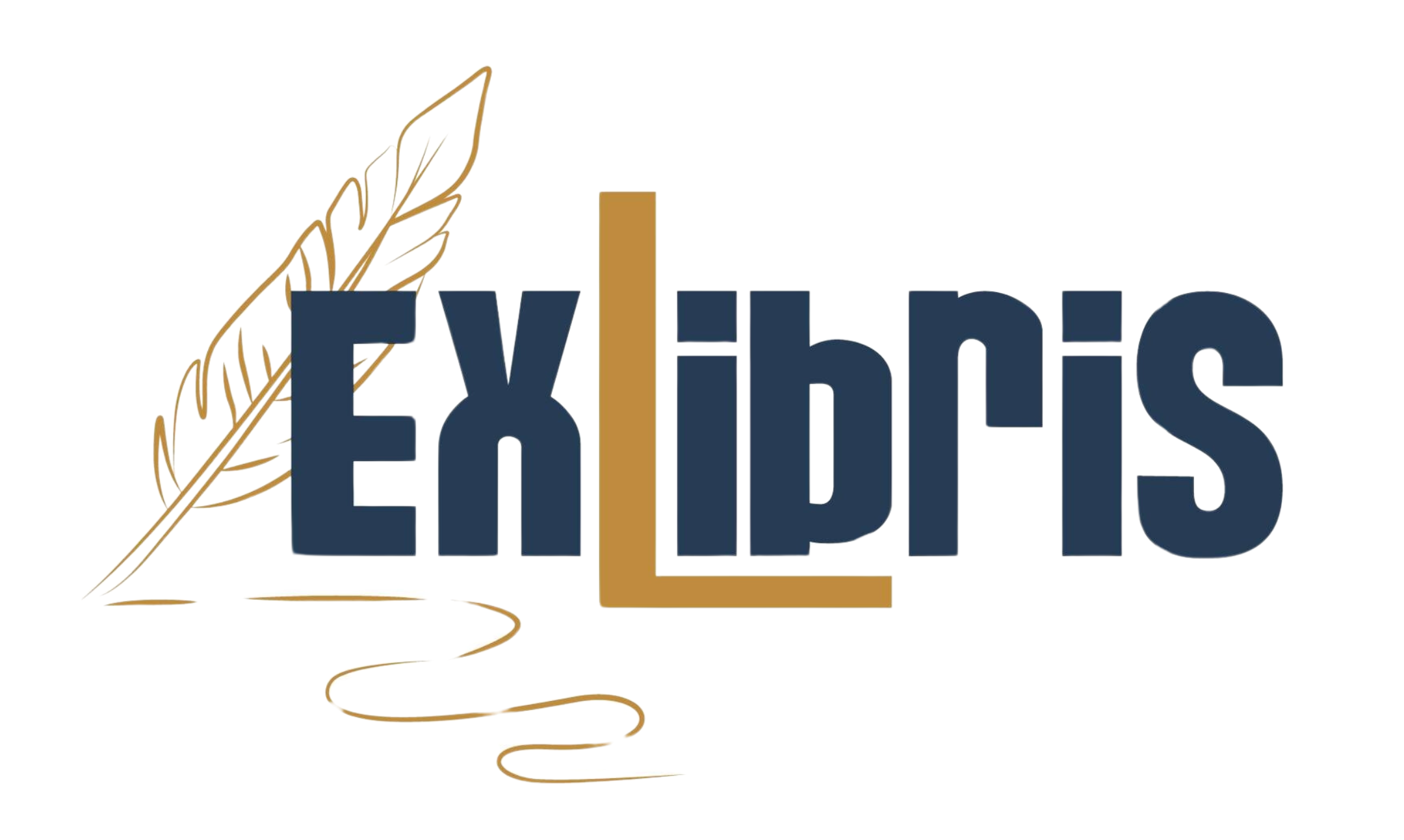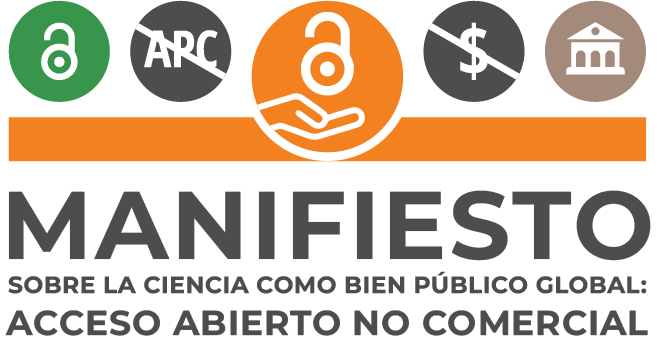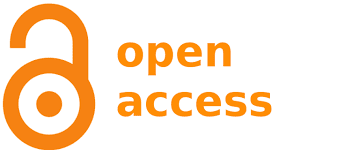The contemporary crisis of education
DOI:
https://doi.org/10.69789/ccs.v9i1.692Keywords:
educational crisis, paradigm, pedagogical theory, valuesAbstract
The contemporary crisis of education is a phenomenon that has been talked about for some decades. Since the second half of the 20th century, there have been stages in which this phenomenon is displayed to a greater extent. The formal educational system related to public education is questioned, particularly regarding the updating of curricula, which should be more aligned with new discoveries, knowledge production and teaching methodologies with the aim to replace traditional educational practices with more active methodologies where the students are the architects of their own learning. The current crisis in education has a multifactorial origin and should not be viewed as a situation of destabilization and malfunction of the system; rather, it should be seen as an opportunity that can allow for the improvement of a state's educational system.
References
Arendt, H. (2018). Entre el pasado y el futuro. Partido de la Revolución Democrática.
Bonilla-Morán, G. (2021). Impacto de la fuga de cerebros en los países en desarrollo. Revista Minerva. 4(2), 27-42. https://doi.org/10.5377/revminerva.v4i2.12392
Carmona Granero, M. (mayo-agosto, 2007). La educación y la crisis de la modernidad. Hacia una educación
humanizadora. Revista de Artes y Humanidades UNICA. 8(19), 134-157. Disponible en: https://www.redalyc.org/toc.oa?id=1701&numero=18451
De Assis César, M. R. (noviembre, 2007). Hannah Arendt y la crisis de la educación en el mundo contemporáneo. En-claves del Pensamiento. 1(2), 7-22. https://www.scielo.org.mx/scielo.php?script=sci_arttext&pid=S1870-879X2007000200001
Edwards Jr. Et al., (2014). Influencia internacional e iniciativa nacional en la formulación de políticas educativas: tres estudios de caso de El Salvador. Voces y silencios: Revista Latinoamericana de Educación. 5(1), 322.https://revistas.uniandes.edu.co/index.php/vys/article/view/7549/7968
Freire, P. (2005). Pedagogía del oprimido. Siglo XXI editores.
López, F. (enero-junio, 2022). La escuela transformadora que queremos en El Salvador. Ciencia, Cultura y
Sociedad. 7(2), 93-108. https://doi.org/10.5377/ccs.v7i2.14497
Pacheco, R. P. y Picardo, O. (mayo-agosto, 2012). La formación de docentes en El Salvador: retos, problemas,
posibilidades. Realidad y Reflexión. 12(35), 15-64.https://ri.ufg.edu.sv/jspui/bitstream/11592/8311/1/La%20formaci%C3%B3n%20de%20docentes%20
en%20El%20Salvador%20retos%2C%20problemas%2C%20posibilidades.pdf
Picardo, O. (17 de abril del 2019). Educación: pensar diferente. Disruptiva.https://www.disruptiva.media/educacion-pensar-diferente/
Picardo, O. (20 de abril del 2022). La solución. Disruptiva. https://www.disruptiva.media/la-solucion/
Rigal, L. (2004). El sentido de educar. Miño y Dávila editores.
Ramis A. y Peña (2019.) Educar para la ciudadanía. Facultad de Filosofía y Humanidad Universidad de Chile.
Rovira, C. (2017). ¿Y si no termino la escuela? La deserción escolar de la juventud salvadoreña entre 15 y 19 años.
Fundación para la Educación Superior. https://www.fes.edu.sv/wp-content/uploads/2018/07/Y-sino-termino-la-escuela.pdf
Rovira, C. y Sánchez, M. (2016). ¿Qué es una buena escuela? Una propuesta de índice de calidad escolar. Fundación
para la Educación Superior. https://www.fes.edu.sv/wp-content/uploads/2023/05/Cuaderno-FESNo.-1-Que-es-una-buena-escuela.pdf
Tedesco, J. C. (1984). Elementos para un diagnóstico del sistema educativo en América Latina. En Nassif, R.,
Rama, G., Tedesco, J. (Eds.). El sistema educativo en América Latina. Editorial Kapelusz, 9-50.
Downloads
Published
Issue
Section
License

This work is licensed under a Creative Commons Attribution-NonCommercial-ShareAlike 4.0 International License.
Los artículos de Ciencia, Cultura y Sociedad están publicados en acceso abierto bajo una licencia CC BY-NC-SA 4.0 de la Universidad Evangélica de El Salvador.


















